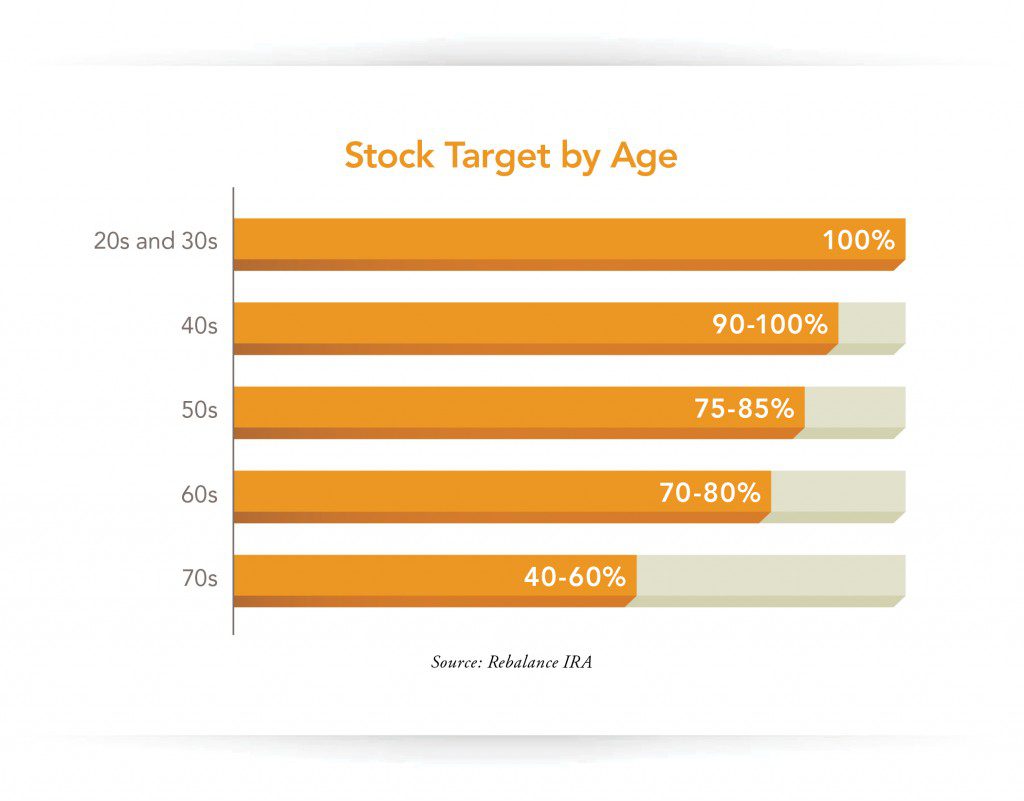Scott Puritz Interviewed by PBS Nightly Business Report
Sue Herera of PBS Nightly Business Report interviews Scott Puritz of Rebalance about why the classic 60/40 formula for investing (stocks/bonds) no longer applies and is, in fact, actually dangerous for your savings.
Transcript:
Sue Herera: Years ago, managing your investment portfolio was easy, for the most part. You invested 60% in stocks and 40% in bonds. But in today’s environment, our next guest says this traditional asset allocation may no longer work and could be putting your retirement nest egg at risk. He is Scott Puritz, Managing Director with Rebalance. Scott, welcome. Nice to have you here. So what has changed? Why does the 60/40 formula which so many people have relied on for so long no longer apply?
Scott Puritz: Well, there really are two major reasons why this classic rule no longer applies. First, interest rates are at historic lows, with US Treasury trading at around 2.2%. That is an historic low and 97% lower than any time in American history, other than after World War II. Second, Americans are living dramatically longer. The combination means that the old rules are not only out of sorts, but downright dangerous.
Sue Herera: So you advocate that people in their 50 and 60s, who, by the old rule might be moving more into fixed income or more “conservative” investments should have actually more exposure to equities. Let’s take a look at what you’re recommending here.
Sue Herera: So if you’re in your 20s and 30s, 100%. 40s, 90 to 100%. But when we get into the 50s, 60s, and even the 70s, that’s a fairly sizable allocation to equities.
Scott Puritz: It’s about balancing risk – between the risk of volatility in stocks and outliving your money if investors go too early into bonds and fixed income with historically low interest rates.
Sue Herera: Do you have to stay domestically for this kind of equity allocation? Now the world is also much bigger in terms of investment opportunities. Perhaps you think our stock market has run its course with a bull market at some point in time, would you recommend looking for equity exposure in markets outside of the US.
Scott Puritz: Yes, we recommend that retirement investors be globally diversified and the best way to have equity exposure is through low-cost index funds.






